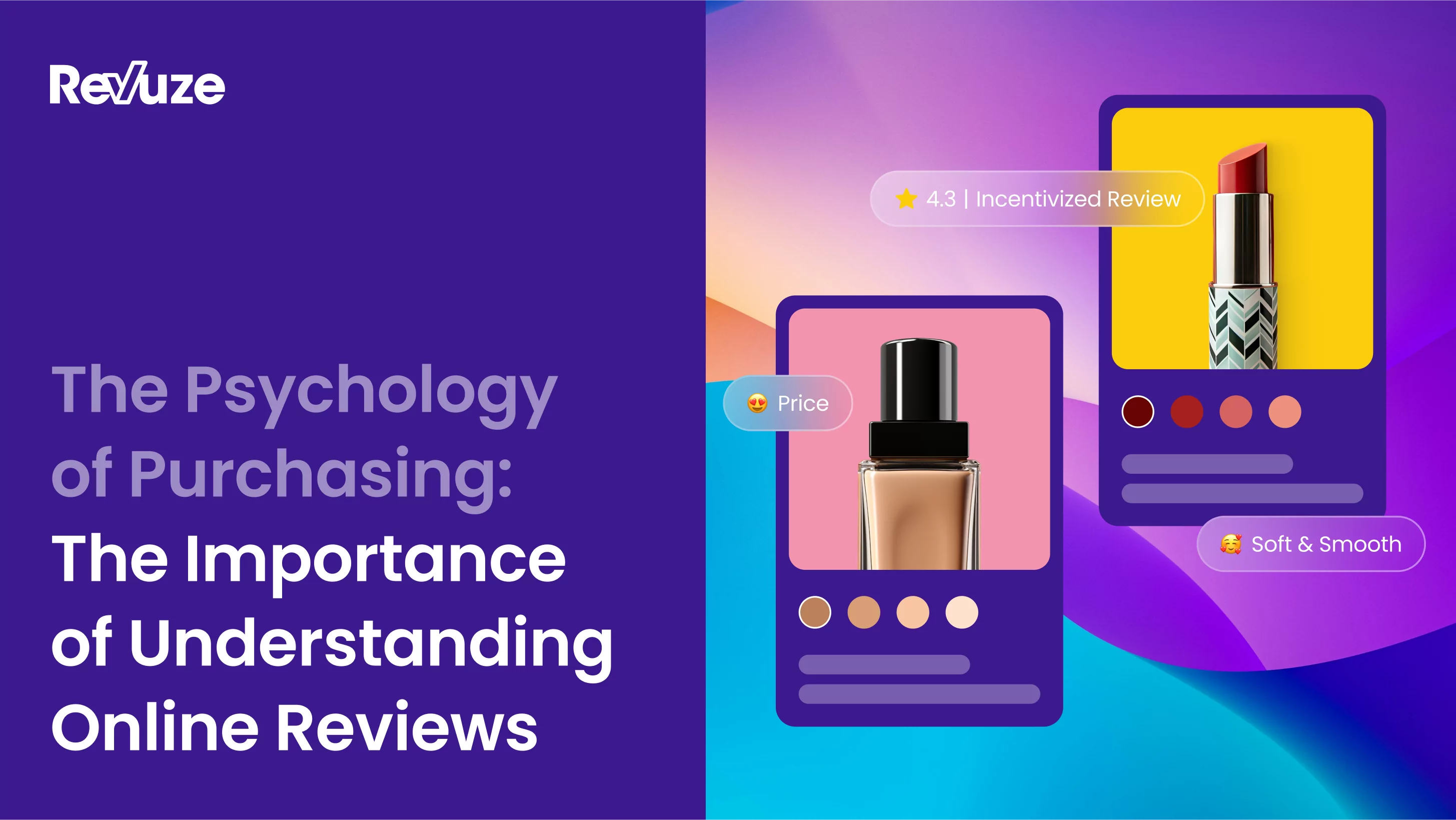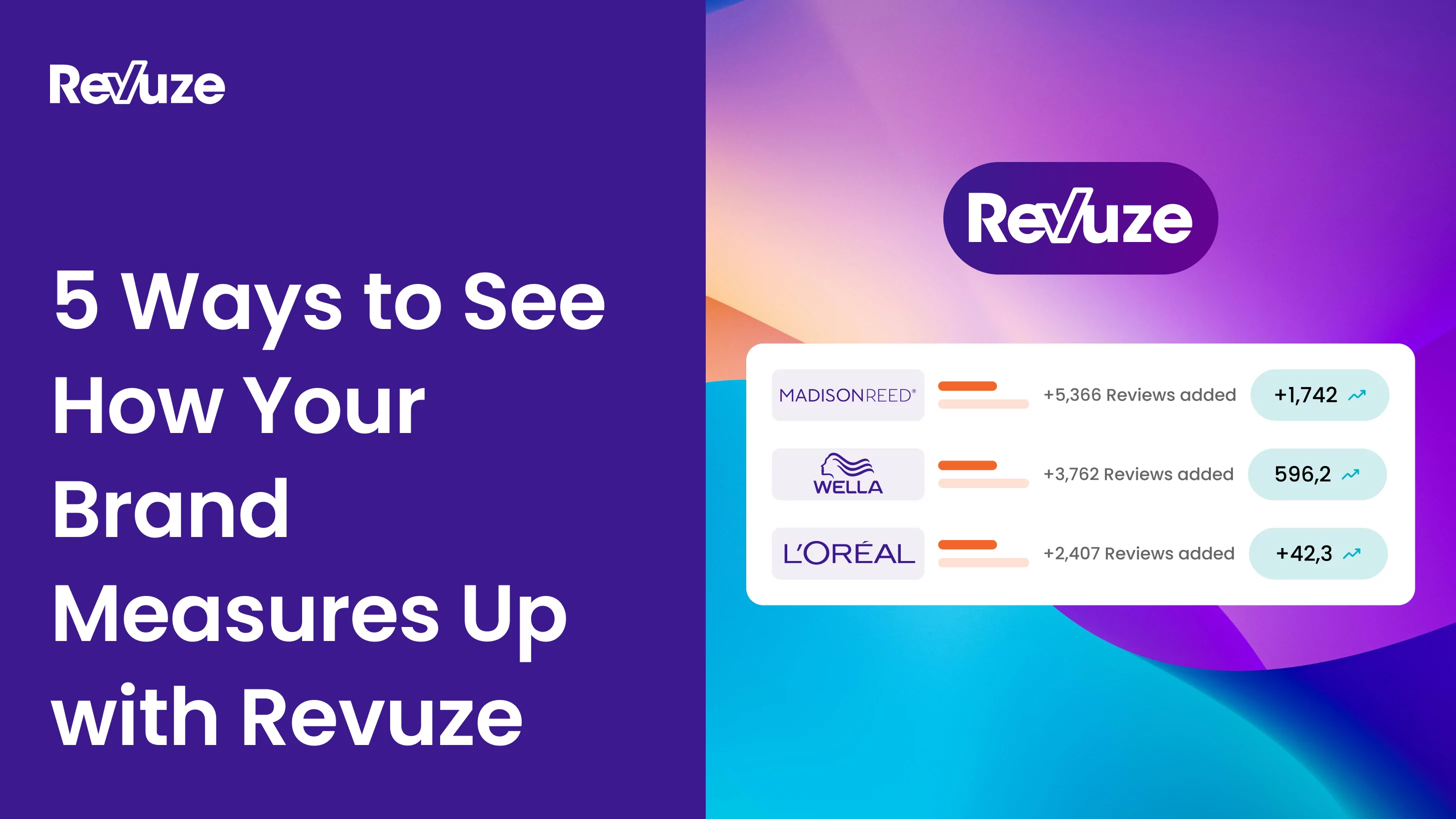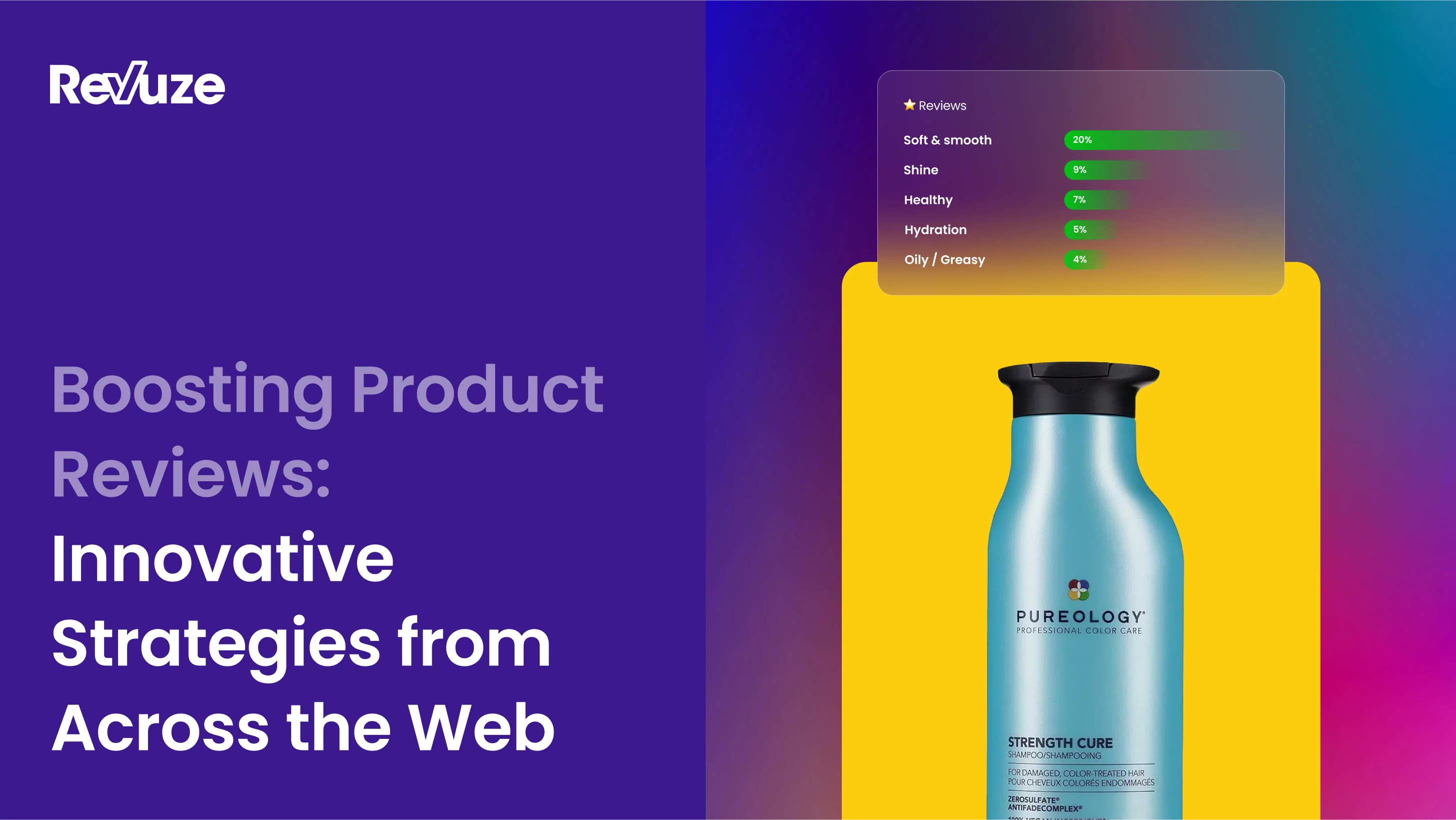
With thousands of beauty brands out there, the competition is steep. Every cosmetic company is vying to become part of every woman’s beauty regimen. As a billion dollar industry, cosmetics companies sell their products at a range of online retailers. Some are beauty specific like Ulta, others like Amazon which sells everything from A to Z.
Given the range of online retailers, e-commerce managers are challenged with understanding how to optimize the different channels and resources. The key to it all lies in online review analytics powered by generative AI. They tell consumers’ post-purchase story; it’s the first-person experience of your cosmetic product that is reflected differently on each channel.
In this blog post we will focus on e.l.f. brand cosmetics, their e-commerce strategy, and the different ways it can be optimized using online review analytics.
Spotlight on e.l.f. Cosmetics
E.l.f. is a relatively new player in the beauty industry, having initially launched in 2004. It literally stands for eyes, lips, and face and tapped into a niche marketing–mineral beauty products. In addition, it successfully made a dent in the beauty industry and sees revenue of $673M a year.
Overview of Online Retailers
E.l.f., for the most part is a drugstore brand but is also available on Amazon and Ulta, which account for 51% of the product reviews. But what insights can we garner from the data? How can we determine which channel is impacting e.l.f.’s e-commerce?
When we drill down into the data, that e.l.f. Is a strong contender on most of the channels, demonstrating a high share of discussion and overall positive sentiment except for Ulta. E.l.f. Ranks slightly below the industry average for that channel. Also of note in the screenshot below is that e.l.f. isn’t currently selling at major cosmetic retailers, Sephora and Macy’s.
E.l.f. on Amazon
With over 22K reviews on Amazon in the last 24 months, it’s one the beauty brand’s strongest e-commerce channels. The consumer sentiment is at 74%, three points about the average. In the chart below sentiment has been isolated for Amazon. Though it fluctuated, it’s stable overall demonstrating a strong and consistent consumer base.
E.l.f. Has also invested in a heavily branded Amazon store to help convert consumers. This is in addition to other sponsored ads on the Amazon search results page. Given the sentiment numbers, the investment seems to be paying off for them!
E.l.f. on Walmart
The online review analytics tells a different story on Walmart. With almost 7500 reviews, E.l.f. cosmetics peaked at 100% consumer sentiment in October 2022. Since then it has been on the decline, hitting an all time low of 83% in November 2023.
Unlike Amazon, Walmart doesn’t have branded stores. However, we see that e.l.f. Sponsored ads on the search results page. It also highlights that their products are in 200 people’s carts highlighting their products’ popularity.
E.l.f. on Target
E.l.f. first launched their products at Target in March 2010, making Target an important channel for them. With over 14K reviews, consumer sentiment is at 80%, but has fluctuated somewhat over the years.
Unlike Walmart, Target doesn’t have branded online stores nor sponsored media opportunities. Based on the search engine results page, we see that nothing is done to highlight the brand and products.
E.l.f. on Ulta
Ulta is a niche channel which stands out because of its singular focus on beauty products. Also, 63% of e.l.f. ‘s almost 22K reviews are incentivized and generally skew sentiment positive. In contrast, e.l.f. ‘s consumer sentiment is at 79% and seems to be on an overall downward trend.
Like Amazon, Ulta does have branded store opportunities, which e.l.f. Is capitalizing on. However, it doesn’t have sponsored ads. Again, despite its prominent presence on the site, it’s below the average consumer sentiment.
Next Steps
So far we looked at four e-commerce channels that e.l.f. Is utilizing. We looked at their share of voice and sentiment along with their media mix. Though a strong contender on many channels, they are still behind on Ulta. By turning online review analytics, e.l.f. Has an opportunity to leverage the voice of verified buyers to strengthen and enhance their brand positioning.
The SWOT analysis below is populated using Revuze’s generative AI engine. For this exercise, we’ll focus on the Strengths and Opportunities quadrants. Strengths that e.l.f. should play into include: “Price/Value for Monday”, “Performance”, “Shine”, “Makeup Setting”, and “Skin pores & Blackheads”. These values or topics should be incorporated into the PDP pages. Other topics that should be included are from the Opportunities quadrant: “Skin Coverage”, “Finish”, “Long Lasting”, “Results”, and “Size”. As part of the PDP details, this will help broaden their outreach to consumers on the various e-commerce channels.
Conclusion
Here we have shown the critical role of online review analytics, powered by generative AI, in shaping the future e-commerce strategies of cosmetic brands like e.l.f. Cosmetics. By analyzing consumer sentiments across various online retail platforms, e.l.f. can gain valuable insights to inform their e-commerce and product positioning strategies. For example, we noted that e.l.f. Products are currently not being sold on the Sephora and Macy’s websites. Both channels can help broaden their consumer base. The up close study of e.l.f. underscores the importance of a nuanced understanding of different retail channels and the power of AI in extracting meaning from consumer feedback. This approach not only helps in enhancing brand positioning but also in identifying key areas of strength and opportunity, as seen in the SWOT analysis. Ultimately, this insightful exploration into e.l.f. Cosmetics’ strategy serves as a compelling example for other brands seeking to navigate the competitive and ever-evolving landscape of e-commerce in the beauty industry. Learn more about how Revuze’s online review analytics can support your e-commerce strategies by clicking here.
 All
Articles
All
Articles Email
Analytics
Email
Analytics



















 Agencies
Insights
Agencies
Insights